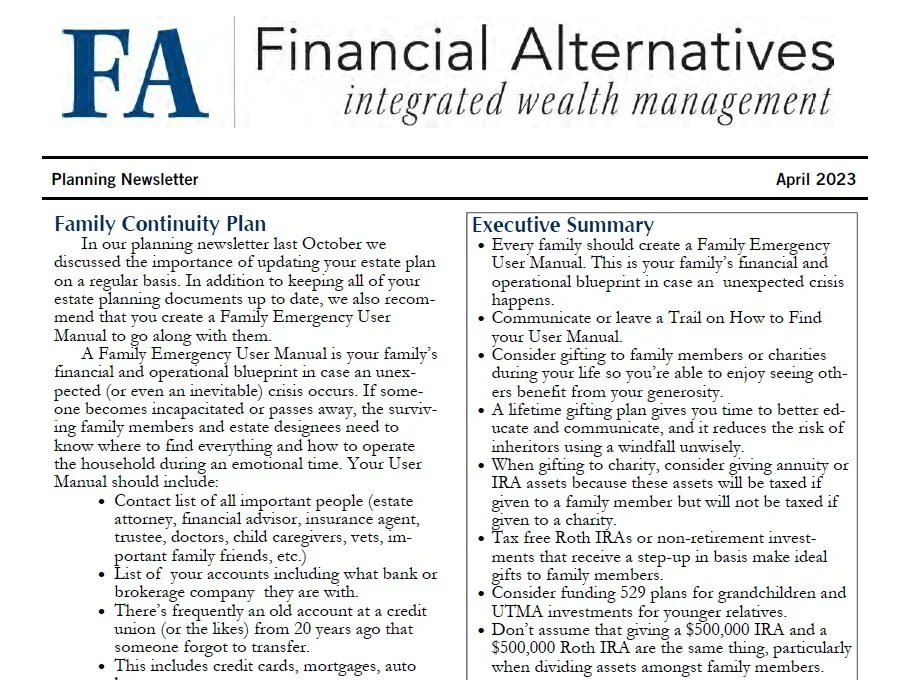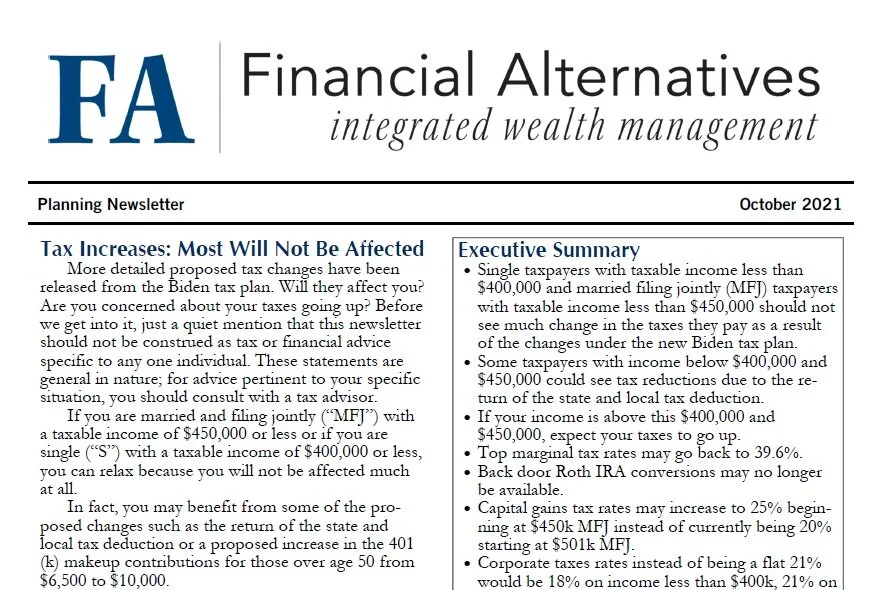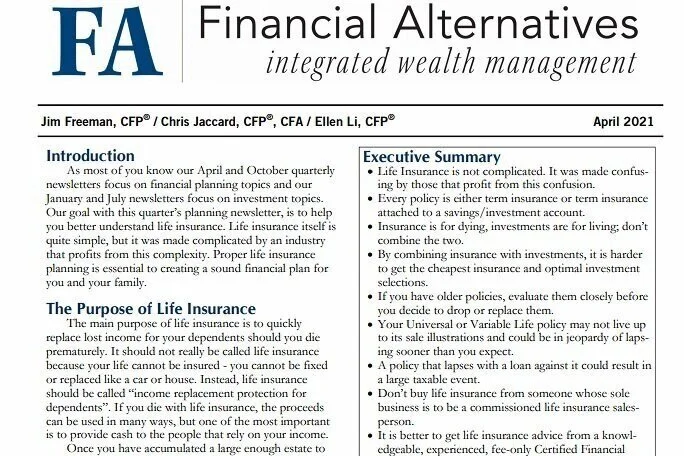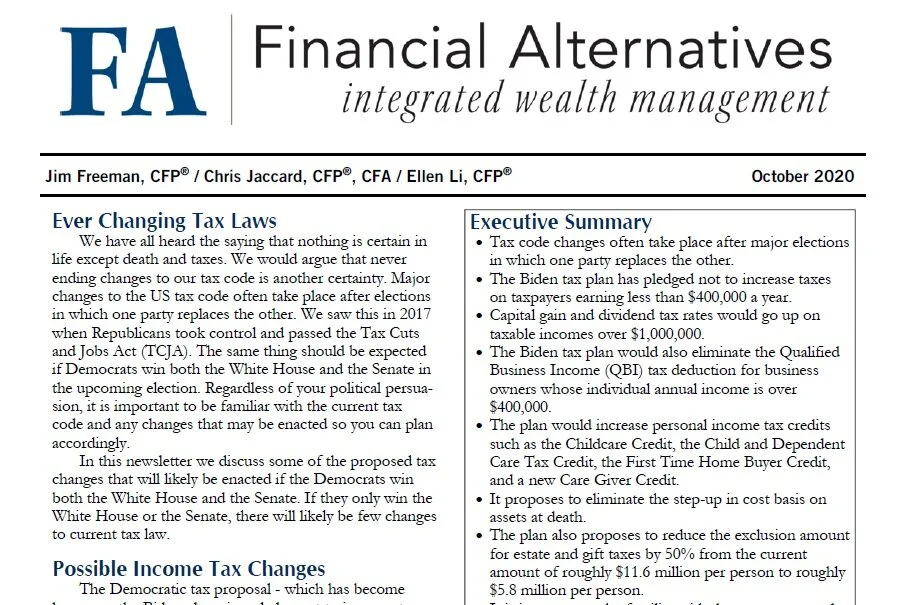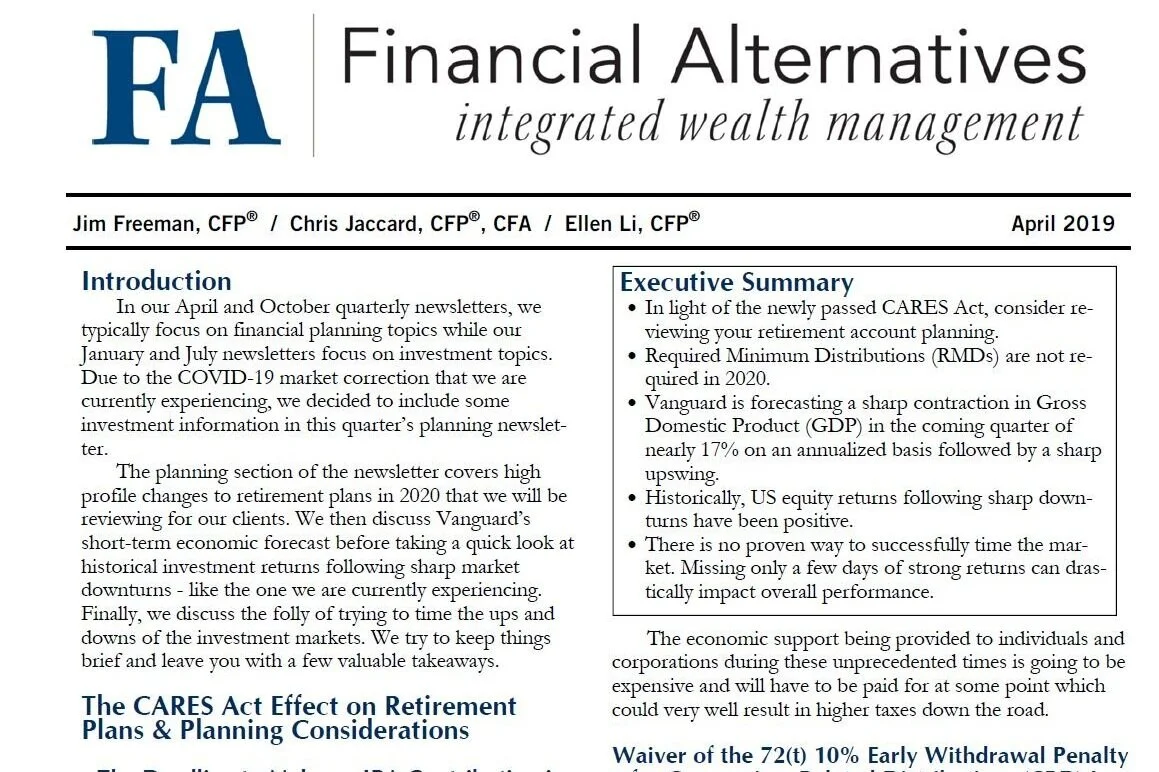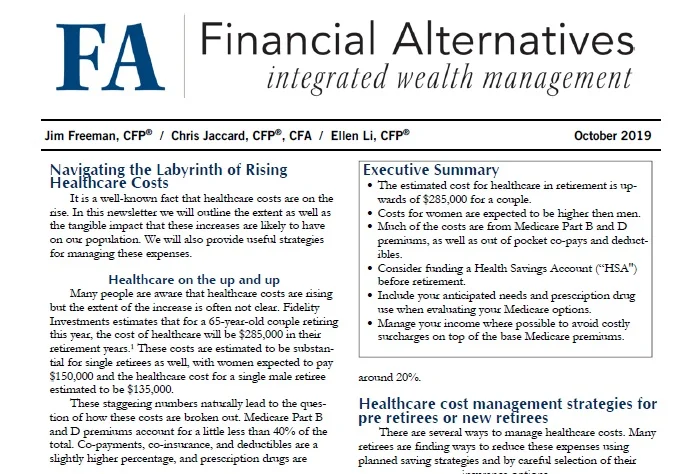Generally, changes to individual taxes are positive but with limitations for higher income taxpayers in the highest brackets. Proactive tax planning will be crucial in many cases.
The estate tax exemption amount was increased tom $15 million per person, indexed to inflation starting in 2026. Wealth transfer and gifting strategies may need to be reviewed.
OBBBA expands provisions from the 2017 Tax Cuts and Jobs Act (TCJA) to favor small business owners. Business owners should consider ways to take advantage of this.
Some are worried that Social Security may not be there when they retire. Even without increasing taxes, the Social Security system is projected to be able to pay 73% of promised benefits all the way out to the year 2098.
The primary source of Social Security funding—payroll taxes—is continuous. As long as people are working, the system collects revenue. Currently, payroll taxes cover about 77-80% of benefit payments even without trust fund reserves.
Unlike private financial schemes, Social Security is backed by the full faith and credit of the U.S. government. Congress has adjusted Social Security multiple times in its history, including the 1983 reforms, which raised the retirement age and increased payroll taxes to stabilize funding. Future adjustments will likely follow a similar path.
Review your marginal tax brackets for ordinary income and capital gains rates to decide which account to withdraw from.
Don’t make the mistake of overfunding retirement accounts at the expense of your brokerage (taxable) accounts. It’s important to have non-retirement assets for flexible spending and savings goals. If you haven’t set up a taxable brokerage account, perhaps this is the next move to make for any money leftover that you haven’t found a home for
End of year provides you with the opportunity to think about managing liabilities. Consider the relative advantage to paying down debts with assets. What is the tax impact of doing so? Would it make a difference to your peace of mind?
eMoney helps uncover cash or other assets that aren’t working hard for you.
eMoney helps you set and achieve your retirement goals and other objectives such as funding college expenses.
eMoney helps you better understand your position now and how it can be impacted over the years.
Your financial life is complicated, and it pays to automate and simplify it.
While automation can streamline our finances, it’s essential to monitor your accounts regularly to detect any irregularities and ensure everything is running smoothly.
Every family should create a Family Emergency User Manual. This is your family’s financial and operational blueprint in case an unexpected crisis happens.
Communicate or leave a Trail on How to Find your User Manual.
Consider gifting to family members or charities during your life so you’re able to enjoy seeing others benefit from your generosity.
Develop the habit of reviewing your estate planning documents and beneficiary designations on a regular basis. We recommend doing this at least every two to five years at a minimum and always after any significant life event.
Even a young adult should have the following estate planning documents: Advanced Health Care Directive, Financial Power of Attorney, Beneficiaries for accounts, Last Will and a Digital Will.
One early retirement study noted that a withdrawal rate of 4% is relatively safe.
Many researchers have evaluated withdrawal rates and related issues since then - proposing adjustments to the traditional 4% rule.
One such proposal, the Target Percentage Adjustment (TPA) suggests modifying your withdrawals year by year.
Being flexible in the face of market downturns and inflation can allow you to increase your withdrawals in retirement.
Single taxpayers with taxable income less than $400,000 and married filing jointly (MFJ) taxpayers with taxable income less than $450,000 should not see much change in the taxes they pay as a result of the changes under the new Biden tax plan.
Some taxpayers with income below $400,000 and $450,000 could see tax reductions due to the return of the state and local tax deduction.
If your income is above this $400,000 and $450,000, expect your taxes to go up.
Life Insurance is not complicated. It was made confusing by those that profit from this confusion
Every policy is either term insurance or term insurance attached to a savings/investment
Insurance is for dying, investments are for living; don’t combine the two.
By combining insurance with investments, it is harder to get the cheapest insurance and optimal investment selections.
Tax code changes often take place after major elections in which one party replaces the other.
The Biden tax plan has pledged not to increase taxes on taxpayers earning less than $400,000 a year.
It proposes to eliminate the step-up in cost basis on assets at death.
It is important to be familiar with the current tax code and any changes that may be enacted so you can plan accordingly.
Under CARES Act, Required Minimum Distributions (RMDs) are not required in 2020.
Also, qualifying individuals can withdraw up to $100,000 from a retirement plan without the applicable 10% penalty.
Vanguard is forecasting a sharp contraction in Gross Domestic Product (GDP) in the coming quarter of nearly 17% on an annualized basis followed by a sharp upswing.
There is no proven way to successfully time the market. Missing only a few days of strong returns can drastically impact overall performance.
The estimated cost for healthcare in retirement is upwards of $285,000 for a couple.
Costs for women are expected to be higher then men.
Much of the costs are from Medicare Part B and D premiums, as well as out of pocket co-pays and deductibles.
In response to rampant financial exploitation of senior investors, the SEC is now requiring financial institutions and services firms to ask for trusted contact information. Having a trusted contact could prevent you from losing substantial amounts of wealth due to fraud or fraudulent activity.
Read MoreIf you have not already completed your year-end tax planning, now is the perfect time to do so. Don’t wait until December when the holiday rush kicks in and you and your advisors have less time to devote to this very important task.
Read MoreThe amount you can pass without owing estate taxes essentially doubled as of January 1st thanks to the recently passed Tax Cuts and Jobs Act of 2017.
This estate tax provision will expire at the end of 2025.
Estate plans based on prior tax law should be re-evaluated to ensure your intentions match the current law.
Older estate plans may ultimately cost your beneficiaries more in taxes and/or unnecessary recordkeeping requirements.
The 10 year anniversary of a record S&P 500 high point is upon us, with several other crisis period anniversaries like the Lehman bankruptcy coming in succeeding months.
Reflecting on your experience back then and looking at the recoveries of other financial crises can help prepare you for the next one.
The recent tax proposal would significantly change income taxes, but there are many important provisions that have not been specified.
Giving evokes gratitude, improves our health and makes us happier.
Giving increases social connection, cooperation and can be contagious.
Personal Charitable Gift Funds make giving appreciated investments simple and easy.
Giving to charity from your IRA has significant tax benefits.





